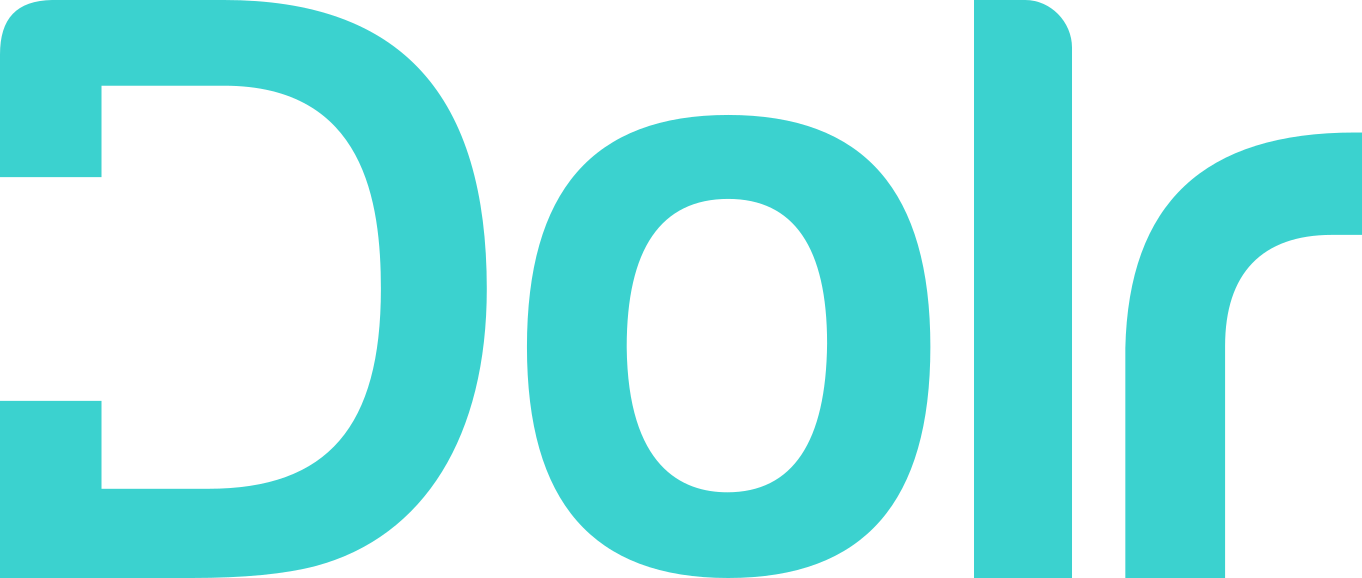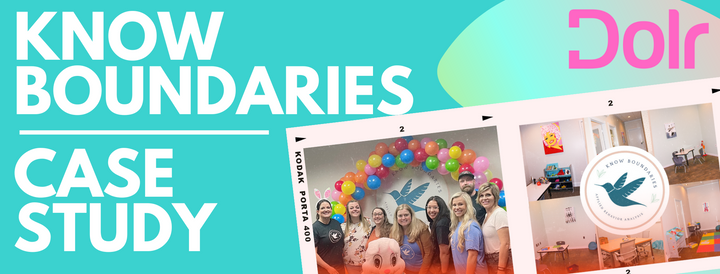How to get student loan benefits from work
Employers are in a great position to pay employee’s student loans. Here’s how you can present a loan repayment assistance program to your employer — and convince them it’s a great idea.

Ever feel like you’re paying your student loans off at a snail’s pace? Or maybe like a snail going backwards?
It can be so freaking demoralizing — especially if you’re already doing All The Things to pay them off faster. Even if you’re no. Because dammit, you don’t want to cancel your Hulu subscription or stop getting your morning coffee out.
We’re big proponents of getting some help. Lots of people helped create this student debt crisis. You don’t have to manage it on your own.
Employers are in a great position to offer support to employees with student loans, but they might not know it yet.
So here’s how you can present a loan repayment assistance program to your employer — and convince them it’s a great idea.
Show how it’s good for them
Tuition assistance has been popular among employers for many years. In 2019, 56% of employers offered some form of tuition reimbursement to their employees. And while many of those companies offer tuition assistance because it’s helpful to their employees, they’re also doing it because it’s good for them.
When their employees go back to school, they often bring skills back to the workplace that are helpful to the organization. They’re also more loyal to the company that helped them get that education. And employers that have tuition assistance programs have more success recruiting and retaining employees.
In 2022, that ability to recruit and retain employees is more important than ever. And it’s clear that improved benefits are a great way to do it. Yet only 8-10% of employers offer student loan repayment assistance programs (LRAPs). Ok, that's a terrible acronym. Ew. Let's just call them student loan benefits.
That’s partly because up until recently, employers (and employees) would take a financial hit from offering a student loan benefit.
Fortunately, that just changed. When Congress passed the CARES Act in March 2020, they made it possible for employers to contribute up to $5250 tax free to an employee’s student loan repayment. Prior to that point, both employees and employers would have been required to pay payroll taxes on those dollars. So now student loan benefits get the same treatment as employer-funded tuition assistance programs.
The provision was slated to sunset at the end of 2021, but Congress extended it until 2026.
The person in charge of HR for your company may not be aware of the relatively recent change, so sharing that information could be doing them a favor.
Here are some stats you can throw their way to help them see the benefits:
- 94% of employees say they’d be willing to stay at their companies longer if they could get help repaying their student loans.
90% of student loan borrowers say they’d be more likely to accept a job offer if it included student loan benefits.
- Almost two-thirds of adults seeking jobs have student loan debt. The average amount is just over $33,000.
- Young adult job seekers rank student loan repayment assistance as their third most desired workplace benefit, behind paid time off and health insurance.
Identify other companies offering the benefit
Starting something new can be daunting for many of us — and that could be the same for the person running HR (or the big boss) at your company. Knowing that others have already done a particular thing gives us confidence. There’s a roadmap we can follow. We can learn from their successes and mistakes.
And on the flip side, most of us also don’t want to be left behind. So if your employer knows that other companies in your industry or in your geographic area are offering student loan benefits, that could prompt their interest.
So what companies offer student loan repayment assistance and what does their program cover?
With a quick Google search, you’ll have no trouble finding a few big-name companies that offer repayment assistance. But what about smaller organizations with less name recognition? They’re out there as well. You may need to research specific geographic areas or specific employers that you think may offer the benefit. Head to their “careers” page and see what they’re advertising about themselves.
When you’re gathering this information, try to think about it from your employer’s perspective. If you work at a 10-person digital marketing firm in Columbus, Ohio, they’re probably not going to be swayed by learning that a massive public corporation based in California offers the benefit.
But what if you find out that fifty other small businesses in Columbus, Ohio offer student loan benefits? Or that your company’s main competitor has student loan benefits for its employees? That information starts to sound more relevant.
Share how student loans impact you
The emotional toll caused by student loan debt is obvious to those of us who have it. But not everyone is as tapped into the problem as you are.
Chances are, your employer really values your contributions to the organization. They want to support you in continuing to grow in your career and your life. Hearing that you’re buckling under the weight of your student loan debt, that it’s causing your immense anxiety and impacting your health, or that you’ve thought about changing jobs because of it? Those may prompt your boss to take action.
Now, only you can decide exactly how vulnerable you want to be. I’m not suggesting that you start sobbing in your boss’s office. Or that you say you’ll quit if they don’t start offering student loan benefits — especially if that’s not the case.
But it is helpful to at least let your employer know that student loans are a heavy weight on your shoulders.
If you want to keep things a little less about you and more about borrowers in general, you can share some statistics about student loan anxiety.
- Nine of out 10 borrowers have experience significant anxiety because of their student loan burden
- 53% of borrowers report having experienced depression because of their student loan debt
- 60% of borrowers say their student loan debt negatively affects their mental health
Make it easy for them to get started
And finally, don’t leave your employer with all that information and nothing to do with it. Point them to a company that can help them set up student loan benefits. They’re probably quite busy, so make it as straightforward as possible — send them the link they’ll need to click on for more information.
At Dolr, we have web pages specifically designed for employers and HR professionals to help them understand the benefit and how to get started.
You can also contact us and let us know you’ve spoken with your employer. We’ll reach out to them to follow up. Here are 2 ways you can do that:
- Download our detailed guide which includes email templates
- Tell us who your employer is and we'll reach out to them directly
Take every opportunity you can to pay your loans off faster. If you haven’t signed up for the Dolr yet today is a good day to get started.
Contributed by Katie Taylor.



